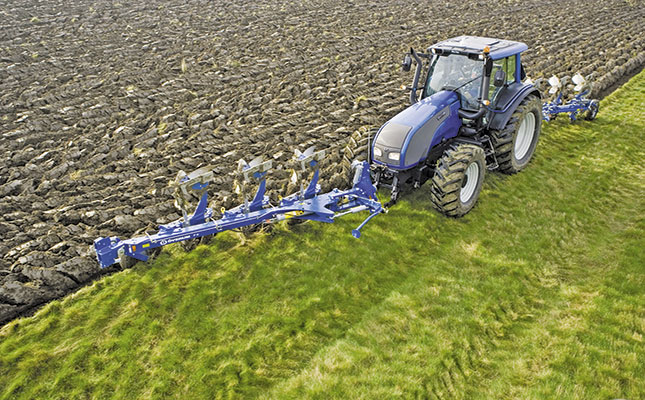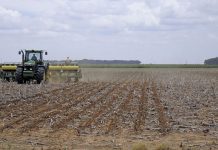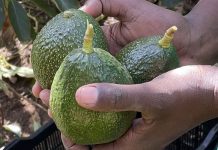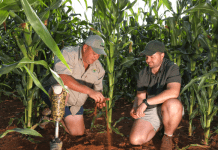
According to Wandile Sihlobo, agricultural economist and head of agribusiness research at Agbiz, current forecasts indicated that petrol and diesel prices could decrease by 34c/ℓ and 19c/ℓ respectively in February.
Although Sihlobo welcomed the decrease, he said it was unfortunate that it came after the peak of agricultural activities, with many farmers in the northern parts of the country already having finished planting by the time the increase is implemented.
Moreover, there was limited agricultural activity in the Western Cape as a result of the continuing drought.
Sihlobo attributed the decrease in price to the stronger exchange rate. “Ever since the ANC’s conference in December last year, the rand has gained ground against the main currencies.”
However, Sihlobo also added that fuel price stability in 2018 would largely depend on political and economic factors. “The international oil price continues to push up. On Tuesday, the price of one barrel of Brent crude oil rose to over $70; the highest price since 2014.”
According to Sihlobo, the rand’s strong performance had outweighed the sharp rise in the Brent crude oil price. He added that if the rand lost momentum, fuel price increases could be expected.
The final price changes would be announced by Minister David Mahlobo of the Department of Energy by the end of the month, with the new prices valid from 7 February.
Update:
According to the Automobile Association (AA), petrol prices will decrease by 41c/ℓ, and diesel by 23c/ℓ.










